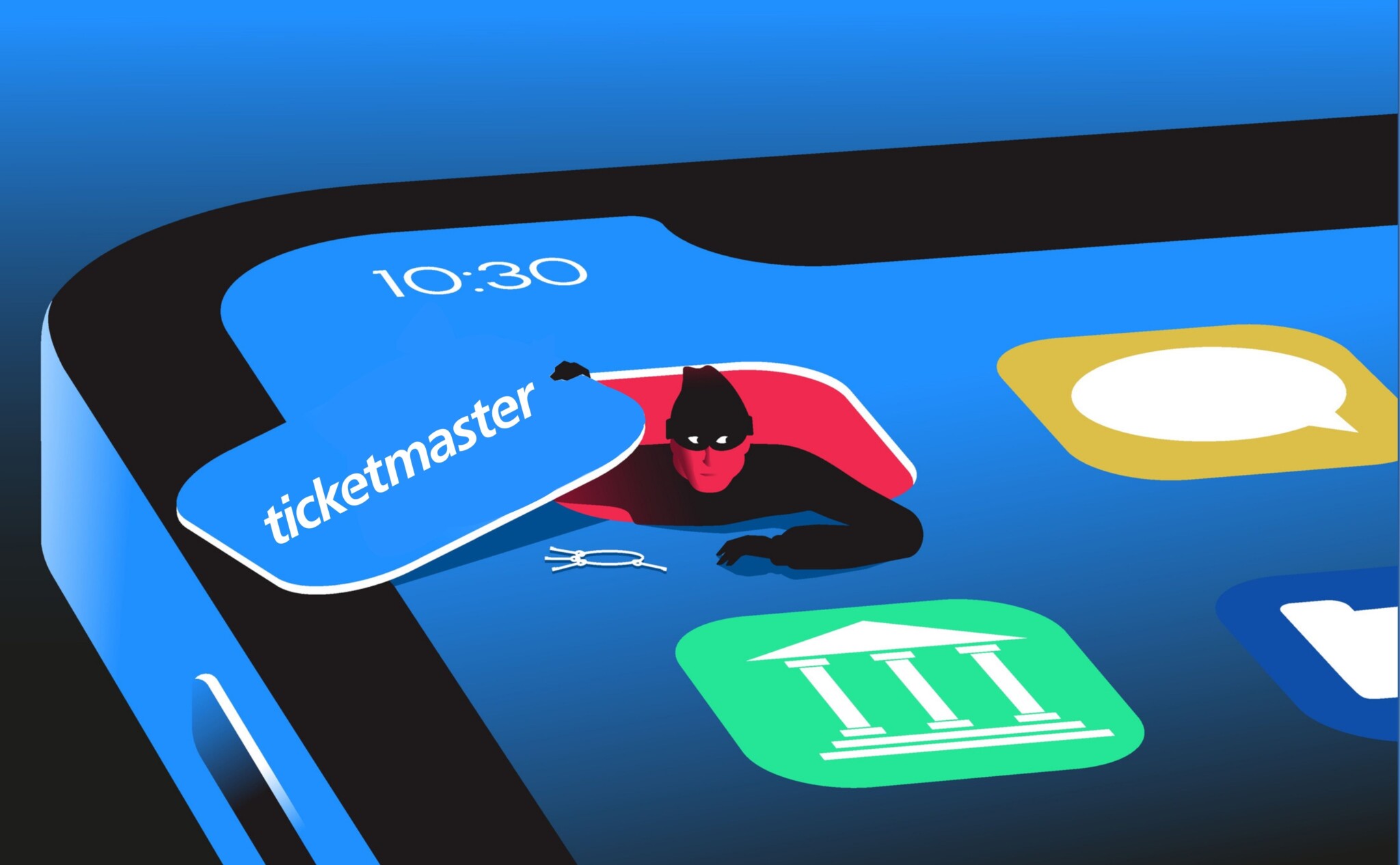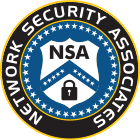Ticketmaster Data Breach: What We Know

A recent data breach has significantly impacted several major corporations, most notably Ticketmaster. The breach compromised the personal information of hundreds of millions of consumers, including names, addresses, email addresses, credit card details, and ticket order histories. This exposed data has now surfaced on the dark web.
The Hackers and Their Methods
The hacker group ShinyHunters has claimed responsibility for the breach. Active since 2020, ShinyHunters has previously targeted large companies such as Microsoft and AT&T. Initially, they offered the stolen data for $500,000 but later increased their ransom demand to $8 million after reassessing its value. The stolen information includes 400 million encrypted credit cards, 440 million unique email addresses, and 680 million order histories, making it one of the largest publicly disclosed breaches. Cybersecurity experts believe the hackers gained access by using stolen login credentials from previous malware infections to infiltrate cloud storage accounts.
Our Response and Recommendations
If you had a Ticketmaster account, you should change your login information immediately and regularly check for any unauthorized activity on your account, and your financial statements. If anything suspicious detected, contact your bank immediately. Also, be cautious of emails posing as vendor or financial institutions related to the breach. After a breach, you will often see a spike in phishing emails.
As cybersecurity specialists, we recommend several steps to help prevent data breaches.
1.) Strengthen Passwords: Create long, unique phrases using a combination of letters, numbers, and symbols. Avoid reusing passwords for different accounts to enhance security.
2.) Use a Password Manager: A password manager can securely store and generate strong, unique passwords for all your accounts. With this tool, you only need to remember one master password to have unique passwords for each of your accounts.
3.) Enable Multi-Factor Authentication (MFA): Implementing MFA can make it significantly harder for hackers to gain access using stolen passwords. MFA requires an additional verification step, such as a unique code or biometric verification, beyond just the password.
4.) Avoid Storing Credit Card Details Online: While convenient, storing credit card information online increases the risk of data theft. Manually entering your credit card details for each transaction is safer.
5.) Educate and Train Employees: Regularly train your staff on the importance of cybersecurity practices and the latest phishing tactics. Well-informed employees are less likely to fall victim to cyberattacks.
6.) Regular Security Audits: Conduct frequent security audits to identify and rectify vulnerabilities in your systems. This proactive approach helps prevent breaches before they occur.
7.) Update and Patch Systems: Ensure all software and systems are up-to-date with the latest security patches. Outdated software can have vulnerabilities that hackers exploit.
The recent Ticketmaster breach is a prime example of the increasing need for improved cybersecurity practices. As ransomware attacks and data breaches become more common, businesses and consumers must be proactive in protecting sensitive information. This includes implementing robust security measures, such as strong passwords, MFA, and vigilant monitoring.
At Network Security Associates, we are committed to providing multiple layers of protection, ensuring that our security measures seamlessly integrate with daily operations.

